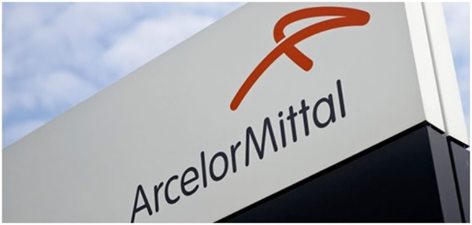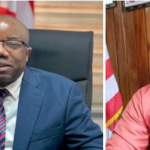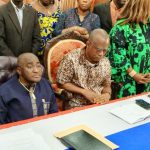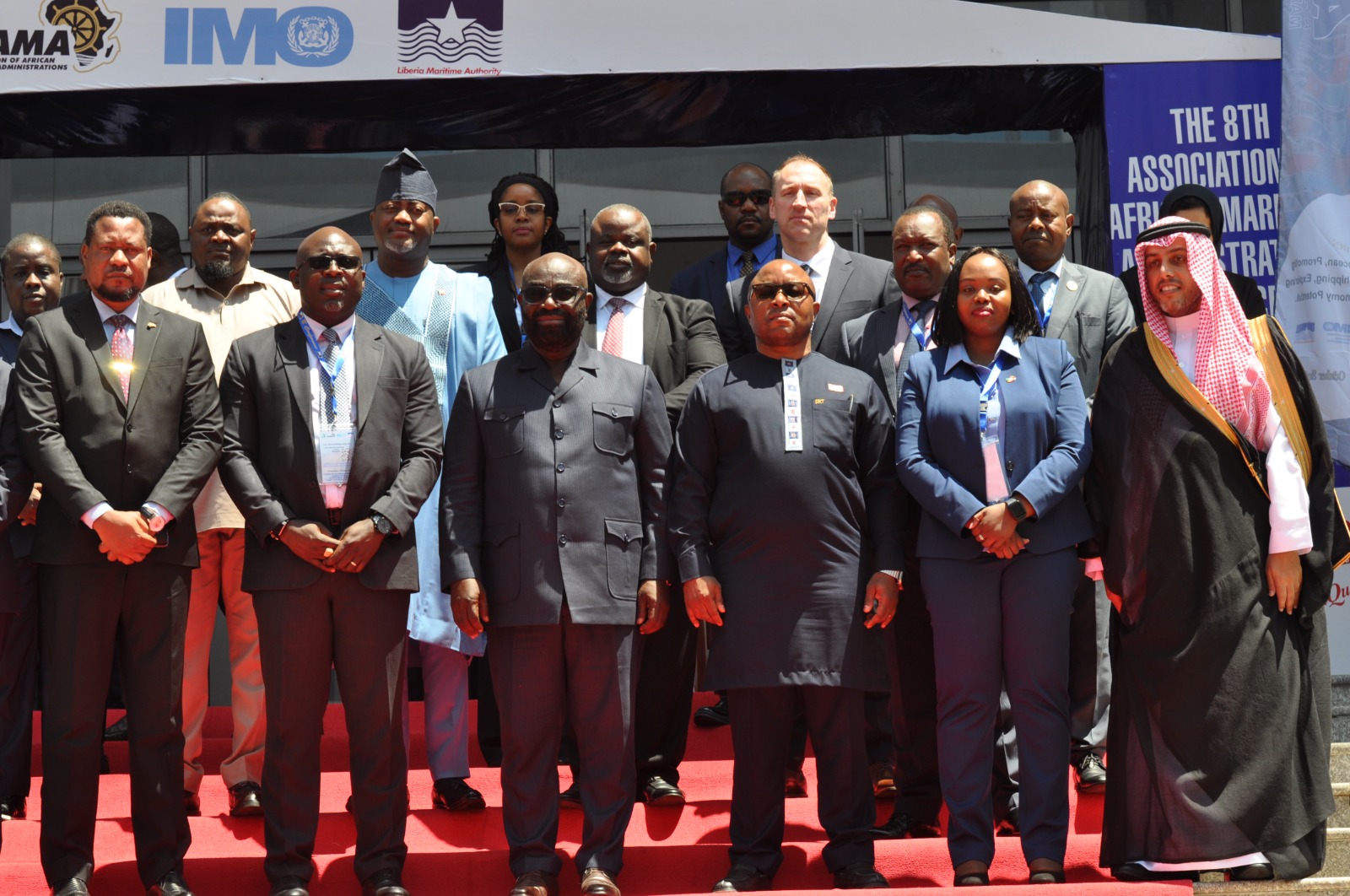The out-going George Weah Administration recently presented a proposed Fiscal Year 2024 Draft National Budget totaling $625.57 million to the 54th Legislature for review and passage into law.
A staggering 95% of this budget, amounting to $594.5 million, is allocated to recurrent spending, primarily servicing government debts and paying civil servants’ salaries.
Unfortunately, this leaves minimal room for investment in crucial sectors such as health, education, and infrastructure.
With some government workers still awaiting payment for months, the in-coming administration of Ambassador Joseph Boakai faces a daunting challenge in sourcing funds to implement promised plans.
Amidst these fiscal challenges, former Finance Minister Amara Konneh, a supporter of the Boakai administration, has repeatedly highlighted the need for innovative solutions given the clear financial difficulties that lie ahead.
It has become a situation that demands a deeper brainstorming with many now suggesting the new administration looks into the direction of private sector leader, ArcelorMittal Liberia, resolve outstanding issues in its 3rd Mineral Development Agreement for approval.
AML and the Weah Administration reached an agreement on a 3rd Mineral Development Agreement (MAD) to expand for a further 25 years.
The agreement outlines a 25-year expansion plan, with AML investing a reported $1.6 billion in processing, rail, and port facilities. Already in the construction stage, this expansion is generating nearly 3,000 jobs, primarily filled by Liberians.
The crux of the matter is the potential doubling of AML’s contribution to the government revenue under the 3rd MDA. Presently, the company contributes $30 to $40 million annually, but with legislative approval of the 3rd MDA this is expected to soar to approximately $75 million annually, plus other signing bonuses.
This financial windfall when hardness many believe can provide the new Unity Party government an opportunity to kickstart its development agenda.
The government can prioritize agriculture, modernizing practices and supporting farmers to ensure food security as outlined in its AREST agenda.
Investment in road infrastructure, as promised by President-elect Boakai, can stimulate economic activity and improve regional connectivity and strengthen the rule of law, enhance sanitation programs and promote tourism to collectively improve citizens’ well-being and diversify the economy.
In conclusion, the Unity Party government has a unique chance to leverage the increased revenue from the AML 3rd expansion deal to address pressing issues and fulfill campaign promises.
This strategic collaboration with the private sector in a win-win situation can lay the foundation for sustainable development and economic growth in Liberia.







